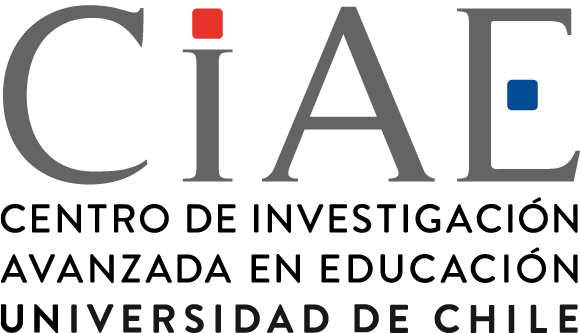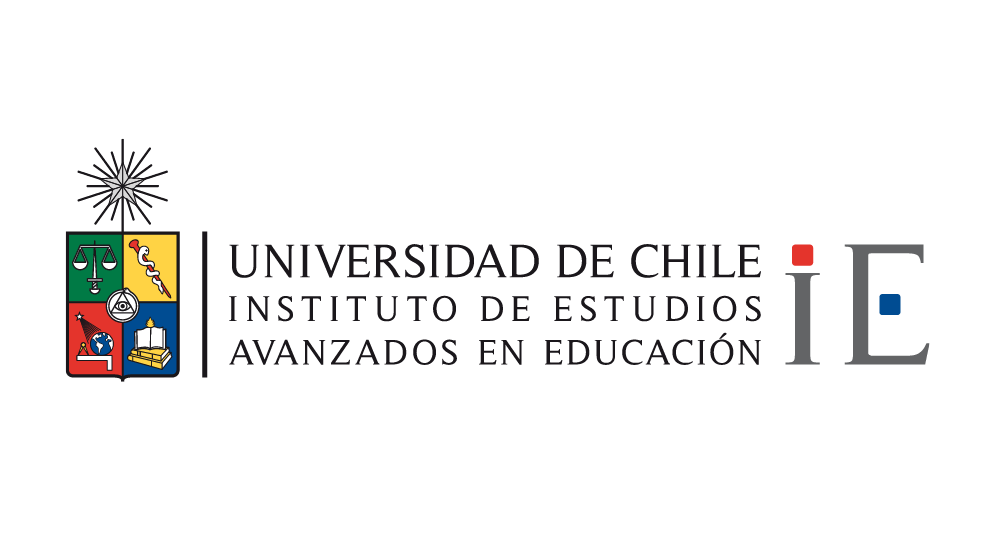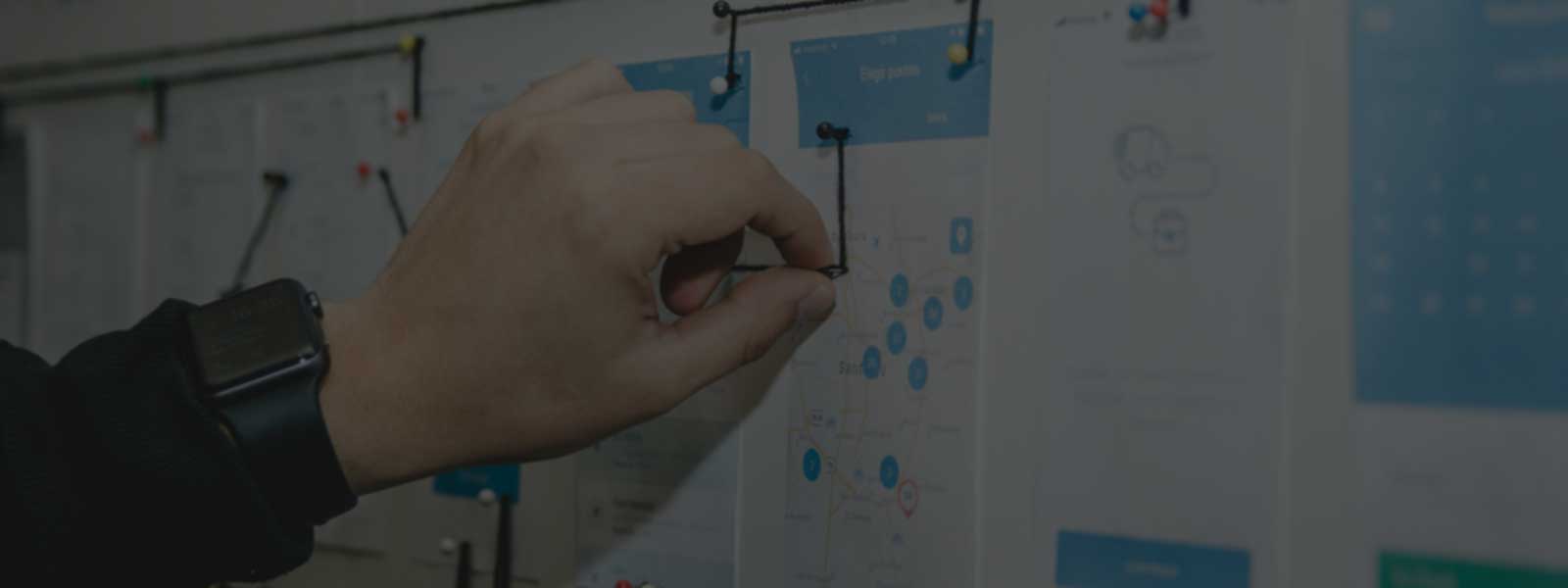Objetivos:
General objectives: The following networking project entitled Understanding the relevance of human agency for educational research, policy and practice has as main purposes to: 1) Develop high-quality joint research in the field of human agency in learning and education through the collaboration between the Centre for Advanced Research in Education (CIAE) of the University of Chile and the Playful Learning Centre of the University of Helsinki in Finland. Human agency is a concept that explains learning and development by analysing the processes involved in the construction of meaning through social interaction (Gillespie, 2012; Lipponen & Kumpulainen, 2011). It has been studied mainly by sociology and more recently by psychology and pedagogy. In the educational field studies have demonstrated it is an important developmental concept for the study of the dynamics of pedagogical practices and their impact on childrens and practitioners learning processes (Kumpulainen et al., 2010). For example, Edwards (2009, 2011) argues that promoting relational agency in communities of practice strengthens practitioners expertise as well as the possibilities of sharing knowledge thus fostering effectiveness of their pedagogical practice. This networking project aims to develop this field of research in Chile by strengthening the collaboration between Finland and Chile acknowledging that the experience of the Playful Learning Centre is of high value for current work being carried out at CIAE. Furthermore, the leader of the Centre is Professor Kristiina Kumpulainen who is willing to establish this cooperation network with CIAE and has a recognised trajectory in this research field (César & Kumpulainen, 2009; Kumpulainen, Lipponen, Hilppö, & Mikkola, 2013; Kumpulainen, Toom, & Saalasti, 2012). Specific objectives: 1) Research the development of agency in educational settings: the purpose is to gain a better understanding of the elements involved in the development of agency in children and practitioners of early childhood and primary schools settings. We aim to explore the ways in which pedagogical interactions foster or inhibit the development of agency as revealed through the joint-construction of meanings; and consequently, how these interactions act as a vehicle for learning within and between cultures (in this case Chile and Finland). This networking initiative will enable us to initiate an inter-cultural discussion around the enactment and development of agency by comparing and contrasting research in both centres through primary and secondary data. 2) Introduce (in Chile) research methodologies aligned with a human agency perspective: the purpose here is to introduce participatory and visual methods that will enable subjects (children and practitioners in early childhood and primary education) to be active participants (agents) in the research being carried out. These are cutting edge methods, not currently used in Chile and are also coherent with the purpose of including participants perspectives in the discussion of matters of their own concern (Greene & Hill, 2005; Hill, 2005; Makin & Whiteman, 2006; Veale, 2005). The PLC promotes advancement of world-class, cutting edge research and innovation; creates an ecosystem that supports research-based development of new products, services and other solutions for digital learning and education. Thus this alliance will contribute by developing further data collection and analysis techniques in qualitative and mixed approaches at CIAE. Consequently, to pilot these methods, we aim to carry out a small-scale research study, to find common grounds for our future research in the field comparing both cultures. Consequently, all the above aims to contribute with scientific knowledge that is valid and reliable to inform the current global debate in education and the formulation of new policies in the field. Furthermore, it aims to produce knowledge that reaches policy makers, as well as educational communities in Chile and Finland. This way, the outcomes of these networking activities will provide substantive material for both teacher preparation and current educational practices having an impact on future initiatives for the field.




